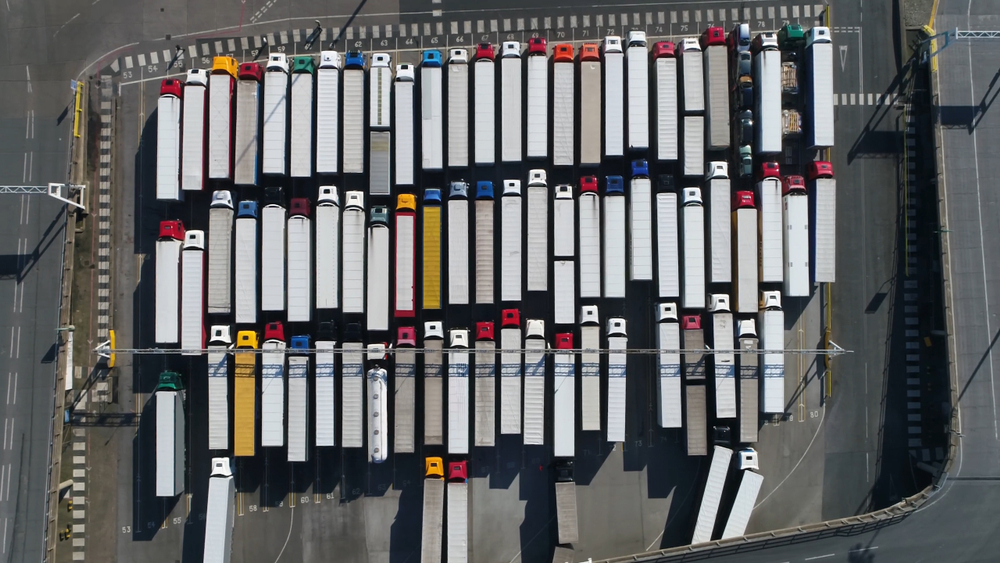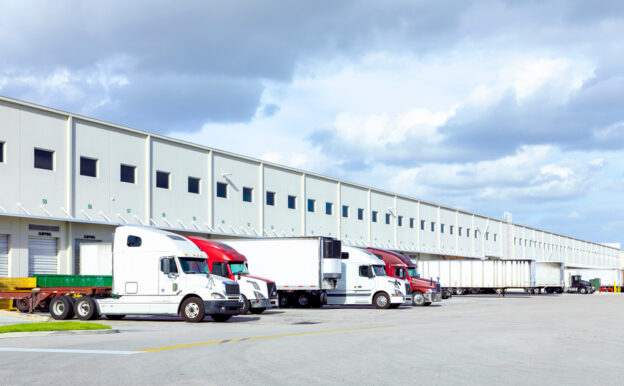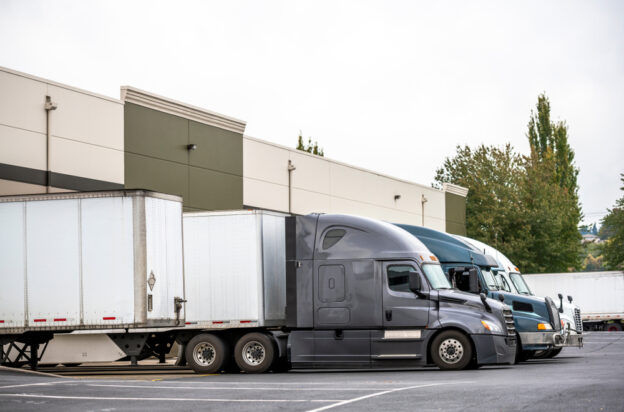What is a Carrier Packet?
At its core, a carrier packet is a collection of documents that any freight broker requires from a carrier BEFORE they can begin transporting freight. Essentially, it helps make sure that every variable is accounted for. Freight can’t begin its journey if there are still lingering questions about compliance or regulatory standards, for example. Therefore, a carrier packet confirms elements like these, along with the finer details of the entire business relationship, so everyone is on the same page before work begins in earnest.
What is Included in a Carrier Packet?
While the actual specifics of a carrier packet will vary depending on the entities that you’re talking about, a proper carrier packet will have several critical documents. These include but are certainly not limited to ones like the following:
New Carrier Information
This includes what is essentially an overview of the carrier in question, including elements like their name, address, contact information, and MC (motor carrier) number.
Broker-Carrier Agreement
This is a legally binding document that goes into more detail about the terms and conditions of the relationship between the broker and the carrier. This helps all parties understand things like liability, responsibilities, and other pressing matters.
Notice of Assignment
A notice of assignment is one that makes it clear to all parties that the broker has the authority to assign the freight in question to the carrier. Essentially, it’s a way to prevent any arguments that may occur over who is responsible for what.
W-9 Form
This is a document used for income tax-related purposes. It will have the carrier’s Taxpayer Identification Number, otherwise known as their TIN for short. It is mandatory for complying with IRS regulations.
Safety Rating
As a part of any proper carrier packet, the carrier will need to provide their safety rating. This is something that is assigned by the Federal Motor Carrier Safety Administration, otherwise known as the FMCSA for short. It’s a rating that reflects their overall safety performance and history as an organization, which can be the actionable information that brokers need to properly assess risk on their own terms.
Driver’s License
Whenever you’re talking about a situation like freight transportation, you obviously need to make sure that everyone involved is legally allowed to be on the road in the first place. This is why it’s important that any carrier packet also has a copy of the driver’s license for any and all drivers who will be operating the vehicles. If the vehicle transporting the freight requires any special skills or licenses to safely operate, this is also information that will be noted in this section.
Broker Bond
A broker bond is a critical document that shows the carrier has the financial backing needed to fulfill their obligations, essentially. It helps protect the broker from any potential losses that would happen if the carrier fails to complete a load or ends up defaulting on a payment.
If a carrier is chosen to transport a load and only later do you find out they were insolvent and didn’t have the resources to do so, that’s more than just a minor inconvenience. In this scenario, the broker would incur significant financial losses and reputational damage as well. A broker bond is one of the things that helps prevent that type of situation from happening.
Invoicing Procedures
In freight transportation, everyone needs to get paid, and it is in the best interests of all parties to make sure that happens as quickly and as smoothly as possible. Invoicing procedures are guidelines designed to guarantee precisely that, including information about how invoices should be submitted, what payment timelines exist, and any specific documents that will be required alongside the invoice to help things go as quickly as possible.
Certificate of Insurance (COI)
Also known as a COI for short, a Certificate of Insurance is exactly what it sounds like – proof that the carrier has all necessary insurance coverage for the task at hand. This goes a long way towards protecting both the broker and the shipper from anything that could happen during transportation, be it due to negligence or something totally unforeseen and beyond anyone’s control.
Certificate of Authority (COA)
Also commonly referred to as a COA for short, a Certificate of Authority is a document that shows a carrier is legally allowed to operate as a freight carrier. Again, this is a big part of how proof of compliance with federal and state regulations is established.
Why are Carrier Packets Important in Trucking?
Freight transportation in general involves an incredible amount of risk for all parties. Carrier packets are one of the biggest ways to help mitigate that risk as much as possible, especially in terms of compliance with various regulations. Well-designed carrier packets also help to establish trust, streamline operations, and more – creating a mutually beneficial situation for all parties.
How To Create a Carrier Packet & Standout from the Crowd
When putting together a carrier packet to stand out from a crowd, the number one thing you can do is be comprehensive and organized. Make sure that all necessary documents are included and that nothing is overlooked. Make sure everything is accurate, and your finished product should be as professional as possible. You should also be ready to provide any additional information as requested.
How Often Should You Update Your Carrier Packet?
Generally speaking, your carrier packet should be updated whenever there are any significant changes in not only regulations and compliance but also your business practices as well. If you no longer accept certain types of roles or are unwilling to fulfill certain duties in the relationship, that needs to be reflected.
It seems like a bit of a cop-out to say “Your carrier packet should be updated whenever updates are necessary,” but that’s largely a rule of thumb to live by. If your company name changes, you need to update your carrier packet. When you get new drivers, you need to update your carrier packet. If compliance changes, and you’ve had to make significant adjustments to show that you’re not in violation, you need to update your carrier packet.
Your carrier packet should always be updated and current to make sure that everyone has the most complete set of documents to work from moving forward.
If you’d like to find out more information about the important role that carrier packets play in the world of freight transportation, or if you have any additional questions that you’d like to go over with someone in a bit more detail, please don’t hesitate to contact the team at Advanced Commercial Capital today.












